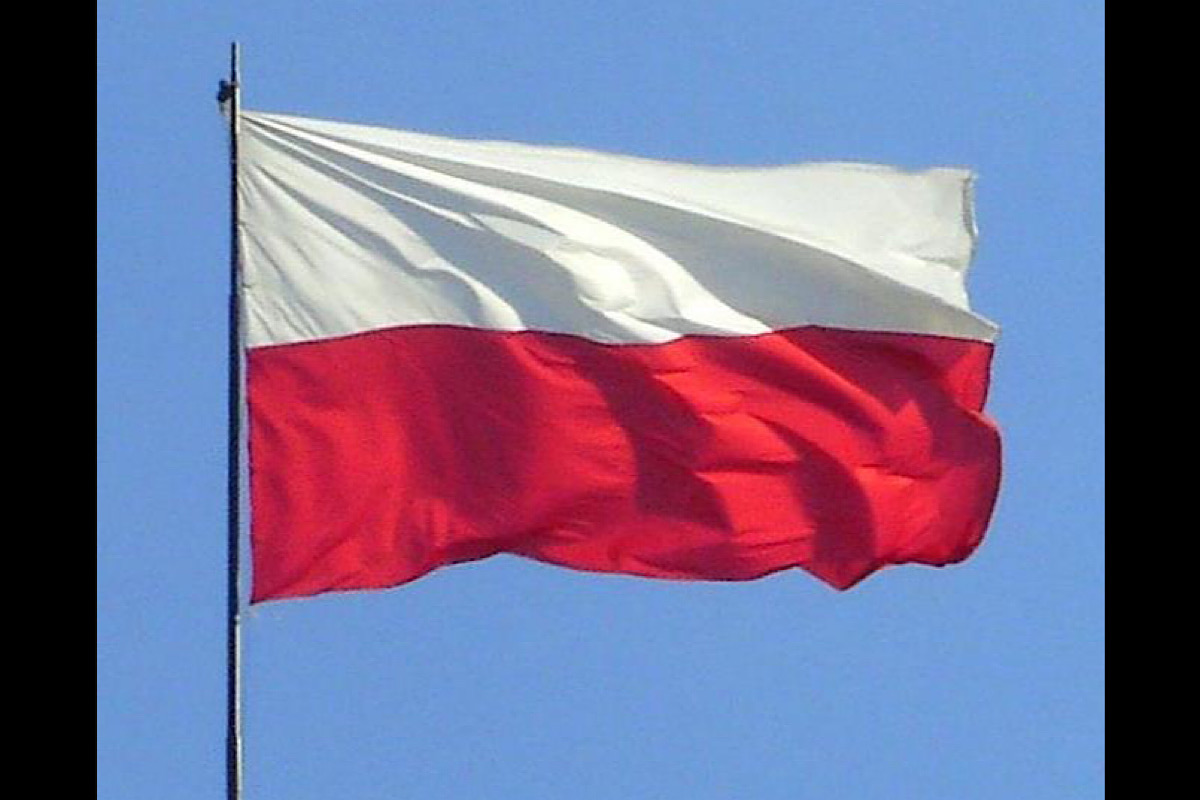The battlelines are drawn for the General Election in Poland which, many would argue, is not really that consequential for the world. Or is it not? For, when Poles head to voting booths on 15 October in what is widely characterised as a choice between four more years of a populist government or the chance for their country to restore its democratic institutions and international reputation, they way they vote will impact the Ukraine War and the European Union.
That, in turn, has significant policy implications for the rest of the world. According to scholar Anna Grzymala-Busse, as a key supporter of Ukraine, the largest post-communist country in the European Union, and a staunch US ally, Poland’s parliamentary elections will have farreaching consequences. Warsaw has been one of Ukraine’s biggest backers after the Russian invasion; Poles warmly welcomed over three million Ukrainian refugees in 2022, and the government has steadfastly supported Ukraine with military and humanitarian supplies, and in various international organisations. But this strong relationship has recently come under fire domestically because Ukraine is now selling grain in Poland.
Advertisement
It is within its rights to do so as the European Union’s embargo on Ukrainian grain sales in Europe has ended but the timing is, electorally speaking, disastrous. The rural, agricultural electorate is critical of the incumbent Law and Justice Party or PiS which has been in power since 2015 and Ukrainian grain flooding the market had sent prices plummeting earlier in the year. So, the PiS leadership is choosing its voters over its commitment to Ukraine and is criticizing Kiev very robustly indeed. Polish President Andrzej Duda referred to Ukraine at the United Nations as “a drowning man” who is dangerous because he pulls his saviours into the water, while Prime Minister Mateusz Morawiecki announced that Poland is not transferring new arms to Ukraine because it needs to defend itself.
Grzymala-Busse says that these statements, which have been highly controversial within Poland itself, may be more indicative of anxiety over the electoral returns than a fundamental volte-face. That, at least, is the hope in the rest of Europe. Poland has had a difficult relationship with the EU. On the one hand, the ‘illiberal’ Warsaw government relies on EU funding to survive; on the other, it has repeatedly criticised the EU for infringing upon Poland’s sovereignty. Brussels has also regularly been upbraiding Warsaw. Some experts argue that the Russian invasion of Ukraine has shifted the EU’s centre of power more towards the east of the continent and Poland will play a greater role in European affairs.
The counterargument is that while Poland was right about Russia’s aggressive intentions towards its neighbours, Warsaw has neither developed a vision for the future of the EU nor been successful in building a coalition within the EU to support its ambitions. The results of the parliamentary election will tell us how that pans out.
